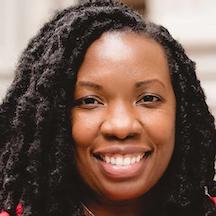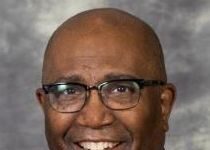
Heart disease is the leading cause of death in the United States, yet the risk of death from this condition differs by race and ethnicity. Research has shown that Black adults are more likely to have poorer cardiovascular health compared with White adults and other minority groups. They are also more likely to develop risk factors for heart disease, such as obesity and high blood pressure, at an earlier age.
A new study led by researchers at Virginia Commonwealth University suggests that chronic stress from discrimination and adverse neighborhood conditions are some of the contributing factors behind this racial disparity. The research also found that the cardiovascular impact of these stressors varied by gender, with Black women more affected by discrimination and Black men more affected by neighborhood safety.
“Our goal was to understand what types of factors contribute to the stress experiences of Black people. If we can identify certain stressors to target in our mitigation strategies, we can hopefully improve cardiovascular health outcomes and reduce disparities in heart disease,” said Anika L. Hines, an assistant professor in the department of health behavior and policy at the Virginia Commonwealth University School of Population Health and lead author of the new study.
The data from surveys of more than 7,500 participants showed that Black adults, especially Black women, had poorer cardiovascular health compared with White adults. While Black men had 27 percent lower odds of having better cardiovascular health than White men, Black women had 55 percent lower odds than White women — more than double the racial gap among men.
According to the researchers’ calculations, stress from discrimination explained 11 percent of the racial difference in cardiovascular health between Black and White participants. Stress from neighborhood conditions also influenced this racial disparity.
Discrimination explained 14 percent of the racial differences in cardiovascular health among women, while neighborhood safety attenuated these racial differences by 12 percent among men.
“This study shows the importance of intersectional experiences when considering solutions for health disparities,” Dr. Hines said. “Marginalized groups aren’t monoliths. Even in the umbrella of marginalization related to race, there can be differential experiences based on gender, socioeconomic status, and other factors.”
The full study, “Neighborhood Factors, Individual Stressors, and Cardiovascular Health Among Black and White Adults in the US,” was published on the JAMA Open Network. It may be accessed here.










